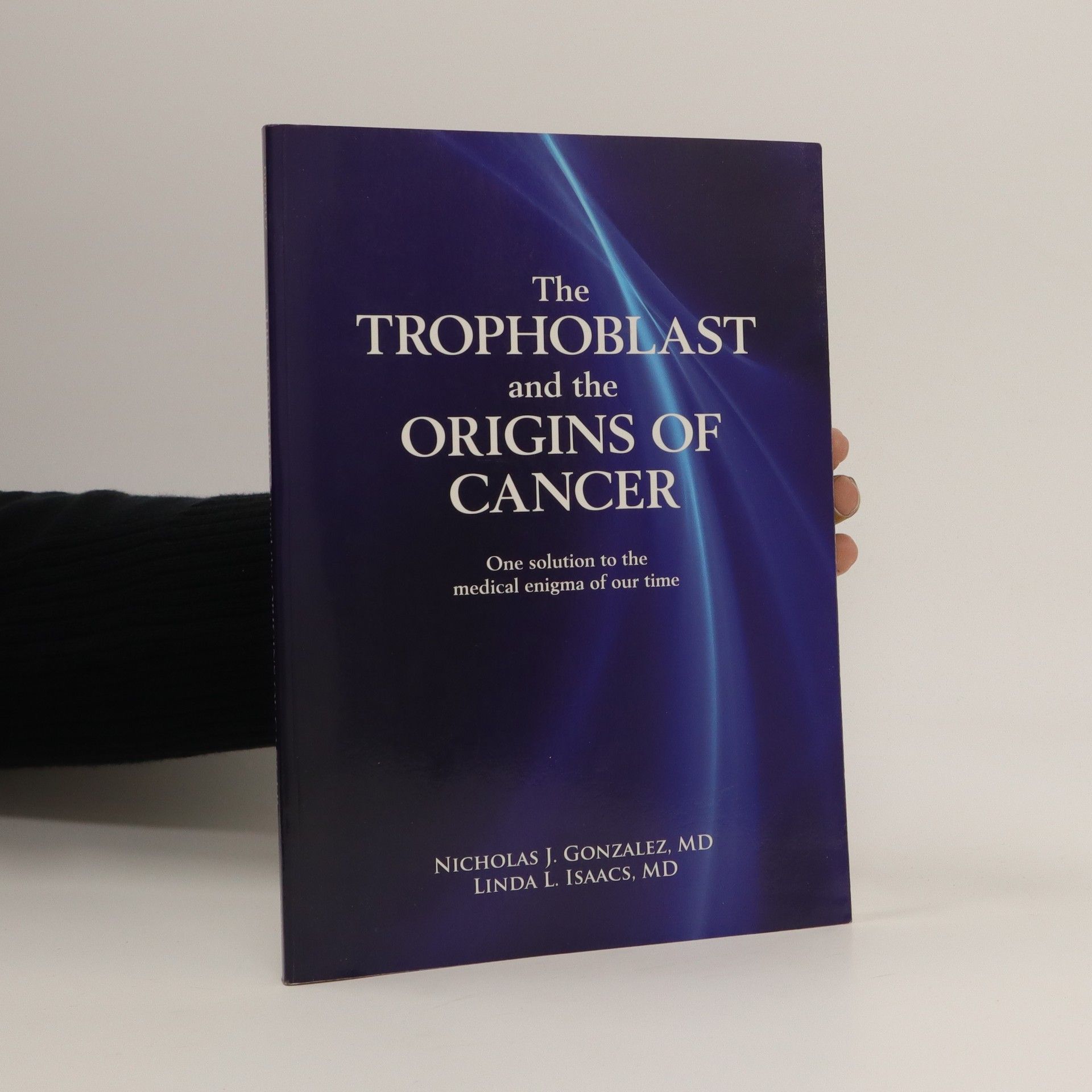The trophoblast and the origins of cancer
- 220 Seiten
- 8 Lesestunden
This groundbreaking analysis reveals how over a century ago, English scientist Dr. John Beard uncovered the likely origins of cancer and its solution. Dr. Gonzalez explains Beard's theory and his pioneering use of pancreatic enzymes for treatment. The book includes case histories of cancer patients successfully treated with these enzymes. Despite being unappreciated in his time, Beard made significant contributions. As a research embryologist, he proposed that the early mammalian placenta, or trophoblast, serves as an ideal model for studying malignancy due to its rapid division, tissue invasion, and blood supply generation—behaviors similar to tumors. However, Beard noted that the trophoblast eventually transforms into a non-aggressive placenta, essential for embryonic life. He spent years investigating this transformation and discovered that the embryonic pancreas secretes large amounts of enzymes on the day the trophoblast changes character. Beard proposed that pancreatic enzymes regulate trophoblast growth and serve as a primary defense against cancer. His experiments demonstrated that these enzymes could attack and destroy tumors. The book details Beard's discoveries and how modern science supports his long-ignored findings, including his early identification of stem cells, which are now a major research focus.
